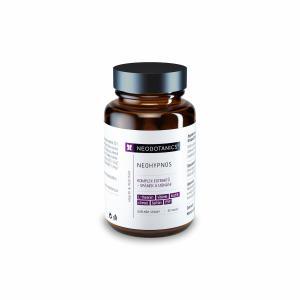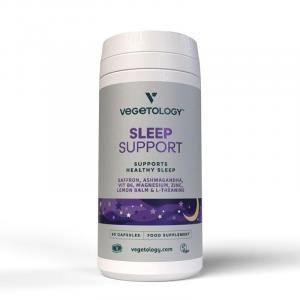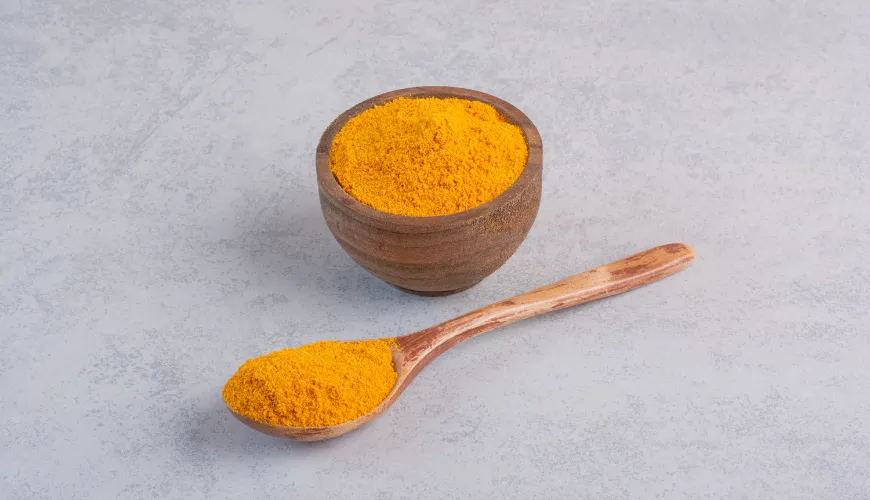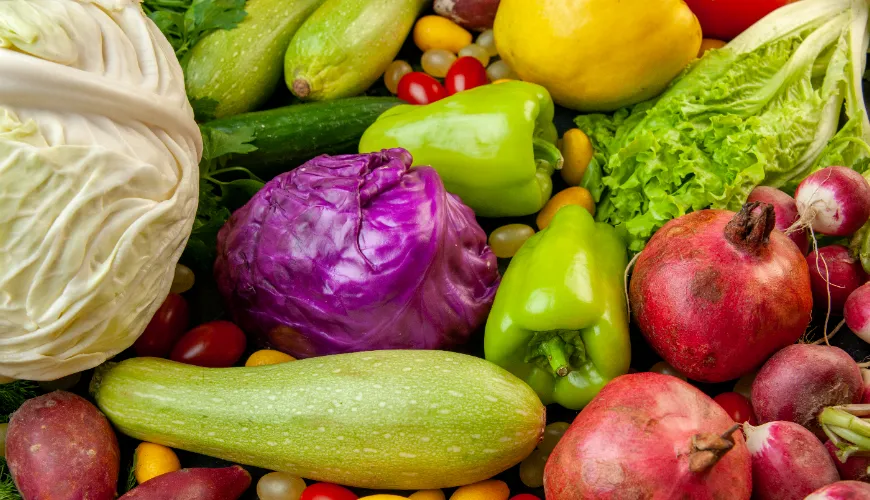
What exactly is evening bread and why you should try it
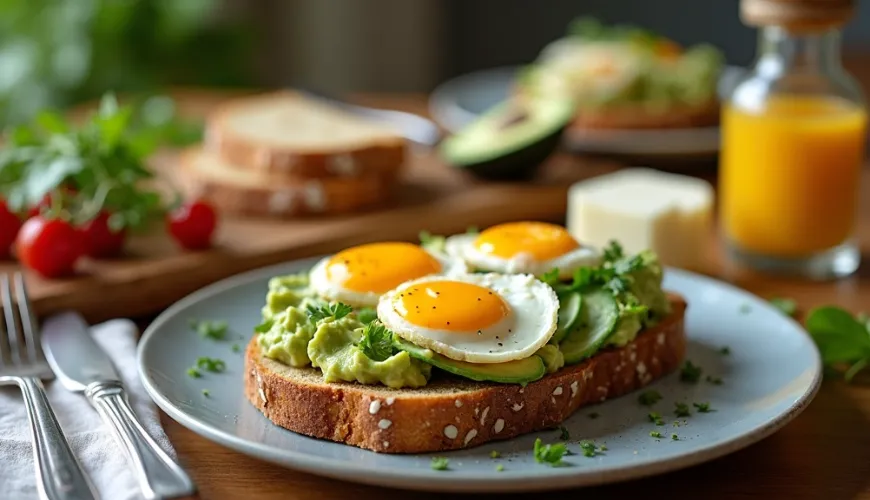
Evening Bread - A Healthy and Tasty Alternative Winning Hearts and Stomachs
Healthy eating is no longer the preserve of athletes or people on a diet. More and more of us are interested in what we eat, where our food comes from, and how it affects both our health and the planet. In this context, evening bread is coming to the forefront - an alternative to traditional bread that promises easier digestion, lower carbohydrate content, and a longer feeling of satiety. But what exactly is evening bread, why is it so popular, and how can you make it at home?
What is evening bread and why do people seek it out?
Evening bread, sometimes also referred to as low-carb or protein bread, is a type of bread that differs from traditional bread in its composition. It does not contain common wheat flour, or only contains it in small amounts. Instead, it is based on seeds, nuts, legume flour, or cottage cheese, leading to a higher content of proteins and fats, but significantly lower carbohydrate content.
The name "evening" suggests that it is an ideal choice for evening consumption – the time when it is recommended to avoid large portions of carbohydrates that can negatively impact sleep and weight regulation. This simple principle has made it a popular part of the diet for everyone who wants to eat healthily but doesn't want to give up bread.
One of the advantages of evening bread lies in its effect on glycemia. Thanks to its high fiber and protein content, it doesn't cause sharp spikes in blood sugar levels, which is appreciated not only by diabetics but also by those who want to avoid energy fluctuations during the day. A stable blood sugar level is often an overlooked key to good mood and a healthy metabolism.
Try our natural products
Evening bread in practice - healthier but also tasty?
When one thinks of "healthy bread," many envision a dense loaf without taste, resembling more of a compromise than a delicacy. But evening bread proves that healthy bread can also be tasty. Thanks to a variety of ingredients – from sunflower and pumpkin seeds, through flaxseed, ground almonds, to sesame seeds – it offers a wide range of flavors and textures.
Moreover, it pairs well with various spreads, vegetables, or quality cheeses. A real advantage is that evening bread is very filling. Thanks to its high fiber and healthy fat content, a smaller portion suffices, and hunger doesn't strike as soon as it would after an ordinary roll.
One mother of three shared on a community forum that evening bread reduced her evening cravings for sweets. Previously, she needed something "small" after dinner, but now a slice of this bread with avocado and egg suffices – and she's not as tempted by sweets.
This is another advantage frequently mentioned – evening bread helps regulate overeating because it provides the body with the nutrients it truly needs.
Evening bread recipe - easy and adaptable
Making evening bread at home doesn't have to be complicated. The internet is full of variations, and that's where its charm lies – you can tailor it to your tastes and the current supplies in your pantry. The basic recipe usually includes a combination of eggs, seeds, possibly cottage cheese or yogurt, and a bit of baking powder.
Here is a tried-and-true evening bread recipe that almost anyone can master:
Homemade Evening Bread Recipe
Ingredients:
- 5 eggs
- 250 g low-fat cottage cheese
- 50 g flax seeds
- 50 g pumpkin seeds
- 50 g sunflower seeds
- 50 g sesame seeds
- 50 g ground almonds (or almond flour)
- 1 phosphate-free baking powder
- a pinch of salt
Instructions:
- Preheat the oven to 180°C.
- In a bowl, whisk the eggs with the cottage cheese.
- Add all the seeds, ground almonds, salt, and baking powder.
- Mix thoroughly and let stand for 10 minutes to allow the seeds to absorb moisture.
- Pour the batter into a baking paper-lined form.
- Bake for approximately 50–60 minutes until the surface is golden and the inside is cooked through (check with a skewer).
After cooling, store the bread in the refrigerator, where it will last for several days. It can also be frozen - sliced so you can take out slices as needed.
How does evening bread fit into a sustainable lifestyle?
Today, healthy eating often means not only taking care of oneself but also being considerate of nature. And evening bread can be a simple step in this direction. Most ingredients can be found in organic quality, often being local and seasonal ingredients with a smaller ecological footprint than industrially processed foods.
Moreover, home baking reduces the amount of packaging waste – no plastic bags, no excessive packaging. Did you know, for example, that common bakery bread is often wrapped in non-recyclable plastic films, whereas homemade bread can simply be wrapped in a waxed wrap or cloth bag?
Whether you are a proponent of zero waste or just trying to reduce your consumption of industrially processed foods, evening bread is a step in the right direction.
Not all bread is the same - how to choose quality evening bread
If you don't want to bake at home, stores today also offer evening bread – often under names like "protein bread," "fitness bread," or "low carb pastry." However, it pays to read the ingredients. Some products only appear healthy but contain unnecessary additives like thickeners, sugars, or preservatives.
Look for breads where seeds, nuts, legume flour, or cottage cheese are among the first ingredients – not wheat flour or glucose syrup. You can tell quality evening bread by the fact that it doesn't make you crave snacks afterward, nor do you feel bloated or full after consuming it.
Who is evening bread suitable for?
The short answer is: almost everyone. People with sedentary jobs often look for ways to reduce calorie intake while maintaining a feeling of fullness – evening bread is perfect for them. Diabetics appreciate its low glycemic index. Athletes have come to like it for its higher protein content. And those on intermittent fasting or a keto diet often incorporate it as a regular evening meal.
A quote from nutrition specialist Markéta Gajová aptly summarizes the benefits of evening bread: “It's not a miracle product, but an excellent choice for those who want to eat lighter in the evening and still enjoy a hearty slice of bread."
And perhaps that's the magic of evening bread – it's not an extreme, but a reasonable compromise. In a time when a healthy lifestyle and sustainability are becoming a regular part of everyday life, this type of bread is finding its place on the tables of not only health food enthusiasts but also those who simply want to eat in a way that makes them feel good.
